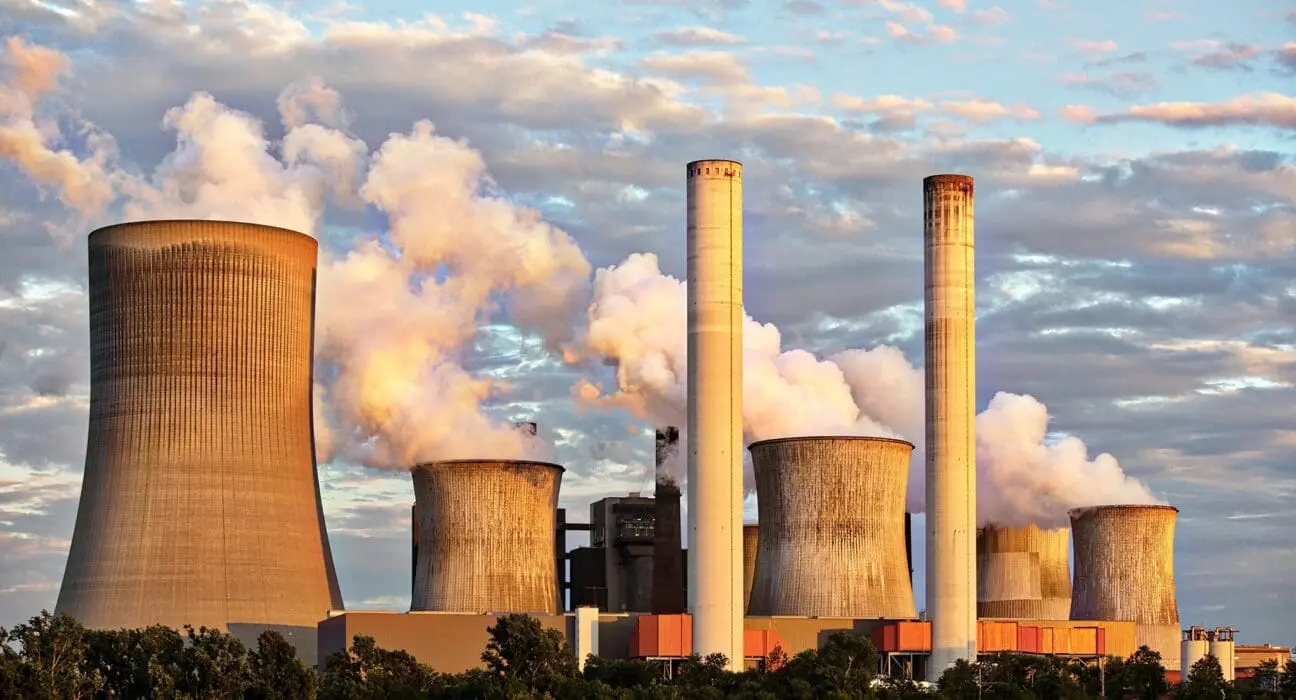A study suggests that people exposed to high levels of air pollution before the pandemic have lower antibody responses to Covid-19 vaccine.
According to researchers from the Barcelona Institute for Global Health (ISGlobal) and the German Trias i Pujol Research Institute (IGTP) in Spain, exposure to fine particulates (PM2.5), nitrogen dioxide (NO2), and blank carbon (BC) decreased IgM and IgG antibody responses by about ten percent in people without prior infection.
Previous infections might explain why the effect of pollutants was only observed in people without prior infections.
Researchers warned, in a study published in Environmental Health Perspectives, that long-term exposure to air pollution could influence hybrid immunity (infection plus vaccination).
ISGlobal researcher Carlota Dobano says air pollution can induce chronic inflammation, which has been linked to a negative effect on vaccine efficacy.
Vaccine responses in children are reduced by persistent organic pollutants, according to her findings
A number of adverse health outcomes have been linked to air pollution, including lung cancer, cardiovascular disease, and diabetes.
In the summer of 2020 (right after the first lockdown) and in 2021 (after Covid-19 vaccination), 927 participants answered questionnaires and gave blood samples.
Each had received one or two doses of the main Covid-19 vaccine available in Spain (made by AstraZeneca, Pfizer, or Moderna)
A total of five viral antigens (three of which were found in the Spike protein in the vaccine) were measured by IgM, IgG, and IgA antibodies. Each participant’s exposure to fine particulate matter (PM2.5), black carbon (BC), nitrogen dioxide (NO2), and ozone (O3) was estimated according to where he or she lived before the pandemic.
In uninfected individuals, pre-pandemic exposure to PM2.5, NO2 and BC reduced vaccine-induced Spike antibodies by 5-10%.
As a result of early IgM responses and late IgG responses, antibodies were decreased. Vaccine participants exposed to higher air pollution levels showed a lower IgG response after the first dose, and lower IgG levels persisted for several months after vaccination. Results were similar for all three vaccines.
It was not examined whether the reduction in antibody responses led to an increased risk of breakthrough infections
While calling for stricter air pollution limits, the researchers said the findings add to the growing body of evidence on the adverse effects of air pollution even at relatively low levels in Western Europe.
Also Read:
- Coronavirus Continues to Spread in India with Over 1,800 New Cases Recorded Today
- Here is why fourth wave of coronavirus infection is more dangerous
- Is coronavirus affecting your college placement? Ground Report
- Is the new strain of coronavirus double mutant in the country?
- Is your pet need a vaccine for coronavirus?

1 Comment